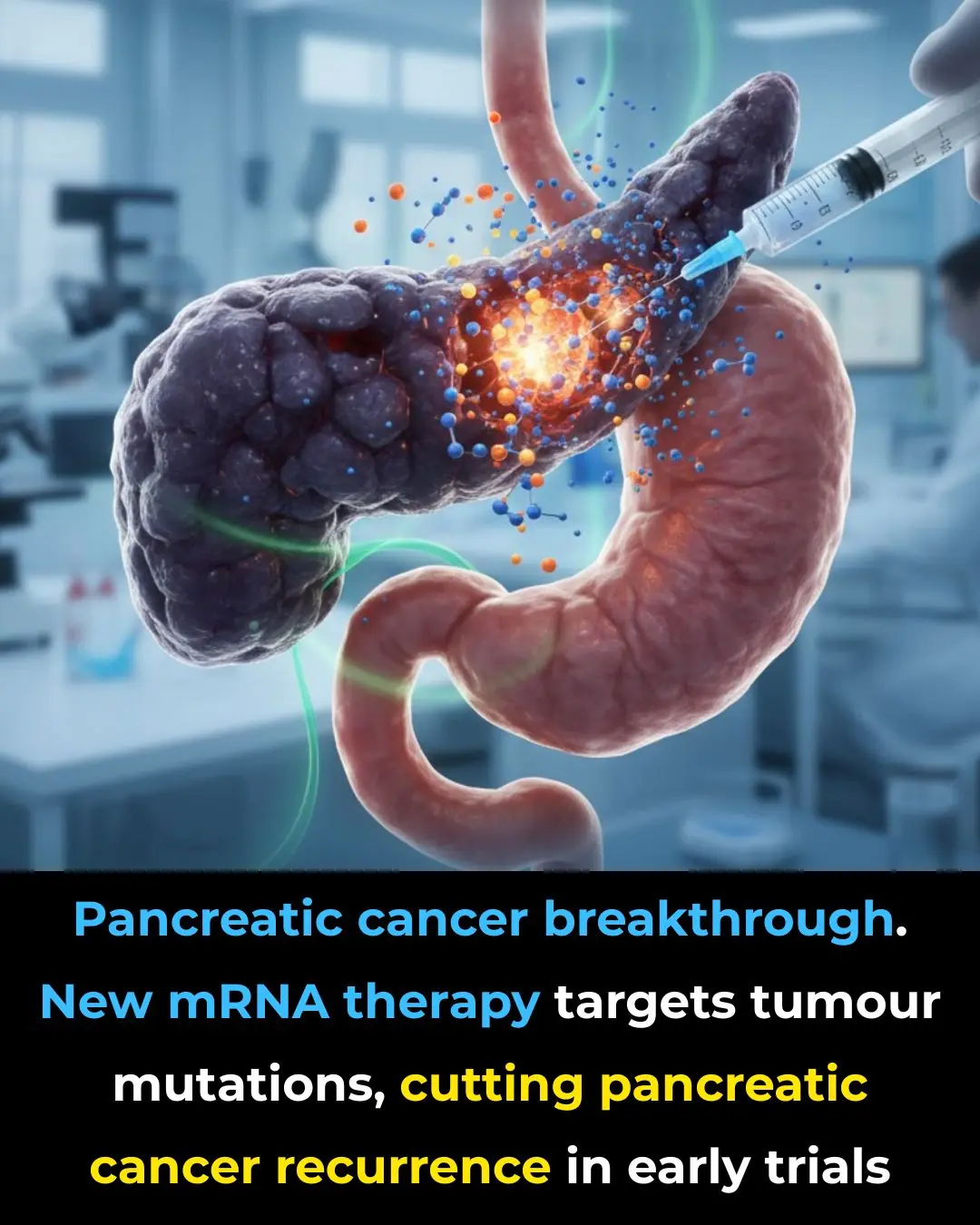
Japanese Scientists Develop Drug That Could Regrow Human Teeth
A vision that once belonged firmly in the realms of science fiction may soon become a reality in dentistry. Japanese scientists are developing a breakthrough drug that could regrow human teeth, potentially ushering in a new era in oral healthcare.
Rather than relying on implants, dentures, or artificial prosthetics, this revolutionary therapy works by reactivating the body’s own latent ability to generate new teeth. It targets a naturally occurring “brake” in tooth development — a protein called USAG‑1 (Uterine Sensitization Associated Gene‑1) — which normally suppresses the growth of tooth‑forming tissues. By neutralizing USAG‑1, the drug frees up developmental pathways so that dormant “tooth buds” within the jaw can once again grow, giving rise to fully formed natural teeth even in adulthood. kyoto-u.ac.jp+2euronews+2
Promising Results from Animal Studies
In preclinical trials, this approach has produced striking results. Experiments in mice demonstrated that a single dose of an anti‑USAG‑1 antibody stimulates tooth development, yielding teeth with complete anatomy — including roots, enamel, and functional structure. kyoto-u.ac.jp+2euronews+2 The research was then extended to ferrets, which have dental patterns more similar to those of humans. In these animals, the treatment also triggered the growth of new, well‑formed teeth. The Japan Times+1 These findings suggest that the mechanism could be applicable across species, and potentially in humans.
Human Trials Are Underway
Importantly, human clinical trials have already begun. According to reports, the Phase I study started in October 2024 at Kyoto University Hospital and is being conducted in collaboration with the Medical Research Institute at Kitano Hospital, led by Dr. Katsu Takahashi. Cleveland 13 News+2The Japan Times+2 The initial trial involves 30 adult male volunteers, aged 30–64, each missing at least one tooth. The goal at this stage is to assess safety rather than efficacy. tasnimnews.com
If this first phase proves safe, the research will expand. Subsequent stages aim to include children, particularly those aged 2–7 who suffer from congenital tooth deficiencies such as anodontia or oligodontia. These conditions—where individuals are born lacking several permanent teeth—present a group that could greatly benefit from this regenerative approach. dentalreach.today The long-term objective is to make this therapy widely available, with some researchers estimating a possible commercial launch around 2030. Cleveland 13 News
Why This Matters
The potential impact of this innovation is enormous. For patients born without certain teeth due to genetic conditions, such as congenital tooth agenesis, this therapy could offer a biological cure — permanently restoring their missing teeth instead of relying on dental prosthetics. Tuoi tre news+1 Similarly, for adults who have lost teeth through injury, decay, or age-related causes, this could eliminate the need for implants or dentures. The result: a treatment that restores not just the appearance of teeth, but their full function and connection to the jaw.
Equally important, this isn’t just a cosmetic fix — it’s about improving oral health, quality of life, and even self-esteem. Dr. Takahashi has argued that newly generated natural teeth may integrate more seamlessly with bone and tissue than artificial replacements, reducing complications over time. Cleveland 13 News+1
The Science Behind the Innovation
At the molecular level, the drug works by disrupting USAG‑1, which normally inhibits pivotal pathways in tooth development, especially Bone Morphogenetic Protein (BMP) signaling. When USAG‑1 is neutralized, BMP and related signals can drive tooth formation from the latent tooth buds in the jaw. Japan Daily The concept was first validated in a landmark 2021 study from Kyoto University, where a monoclonal antibody against USAG‑1 induced complete tooth regeneration in mice and ferrets. kyoto-u.ac.jp According to that research, one administration of the antibody was enough to generate a whole tooth in animal models. kyoto-u.ac.jp
Further studies in regenerative therapy journals have analyzed the broader significance of this work, showing that neutralizing USAG‑1 may address both congenital and acquired tooth loss. repository.kulib.kyoto-u.ac.jp
Challenges and Future Prospects
Despite the promise, significant challenges remain. Clinical translation is complex: researchers must ensure that the drug is safe, effective, and precisely controlled so that new teeth grow in the right place and do not cause unintended side effects. Cleveland 13 News+1 There are also open questions about the long-term durability of regenerated teeth, their strength, and whether they function identically to natural adult teeth.
Moreover, regulatory approval will be a rigorous process. The drug (sometimes referred to as TRG-035, a humanized anti‑USAG-1 antibody) has completed non‑clinical trials, and the development involves a collaboration between Toregem Biopharma, Kyoto University, Kitano Hospital, and Japan’s Agency for Medical Research and Development (AMED). amed.go.jp+1 Toregem itself is a spin-out venture from Kyoto University, founded specifically to bring this tooth‑regeneration therapy to market. kansai-startup-ecosystem.com
A Brighter Future for Dentistry
If successful, this therapy could fundamentally reshape dentistry. Instead of relying on artificial fixes like implants or dentures, dentists may soon have a biological method to restore lost teeth, harnessing the patient’s own biology. This could also reduce long-term costs, lower the risk of implant failure, and improve patient outcomes. As Dr. Takahashi has suggested, many people could one day grow their own teeth again — a dream that no longer seems quite so far-fetched. Tuoi tre news
In short, this cutting-edge work coming from Japan may offer more than a cosmetic innovation: it promises a paradigm shift in how we treat tooth loss. The future of our smiles may lie not in synthetic materials, but inside our own bodies.
Sources:
-
The Japan Times: "Japanese researchers test pioneering drug to regrow teeth" The Japan Times
-
Kyoto University research news: “New drug to regenerate lost teeth” kyoto-u.ac.jp
-
Euronews: “Scientists develop a groundbreaking new drug that makes your teeth regrow” euronews
-
Cleveland13News: reporting on human trials and 2030 goal Cleveland 13 News
-
Regenerative Therapy journal: review of USAG-1 neutralizing antibody research repository.kulib.kyoto-u.ac.jp
-
AMED / company data: description of TRG‑035 development by Toregem Biopharma amed.go.jp
News in the same category

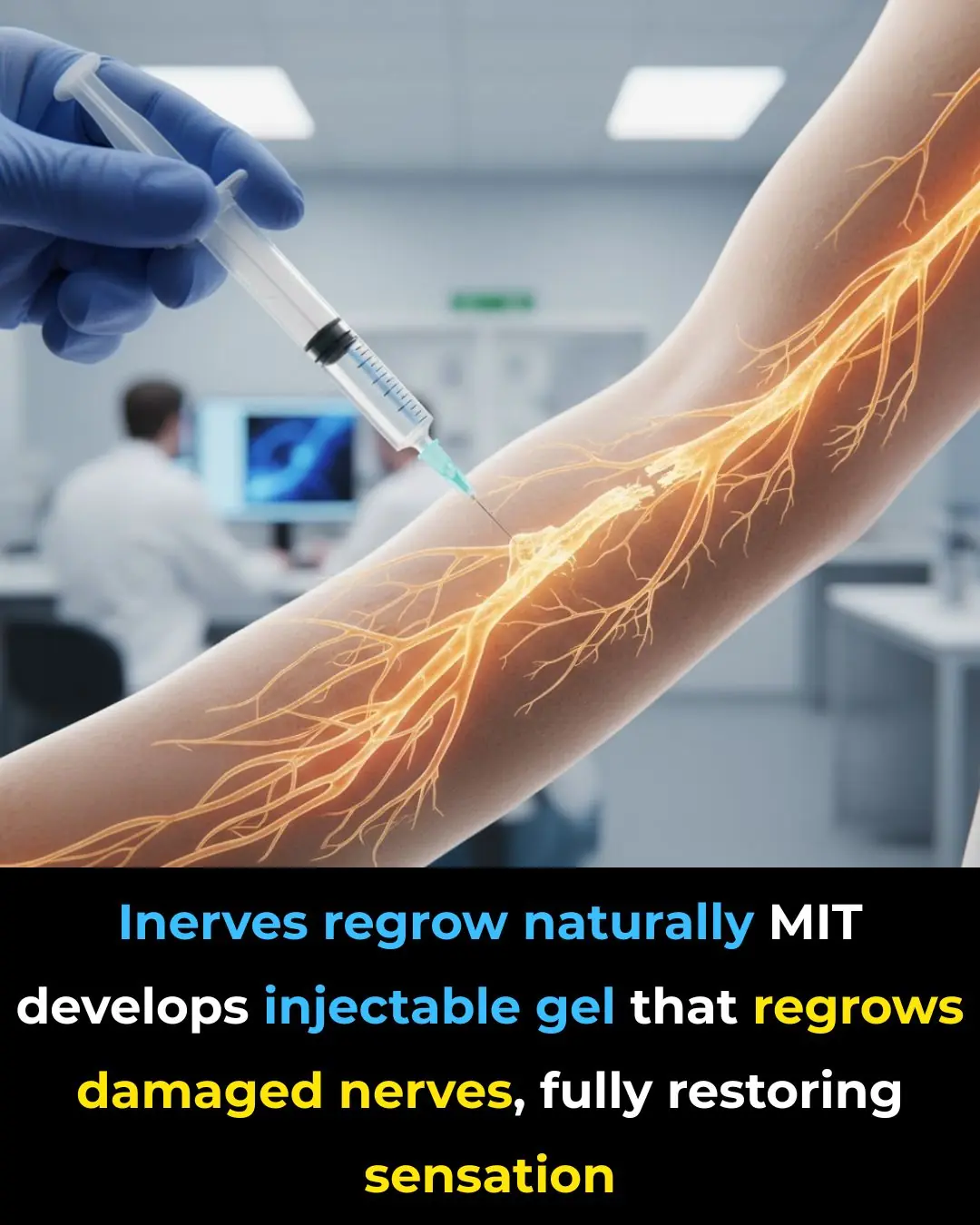
MIT Scientists Develop Injectable Gel That Can Fully Repair Nerves and Restore Sensation

A New Era of Computing: China’s Quantum Machine Surpasses the World’s Fastest Supercomputers
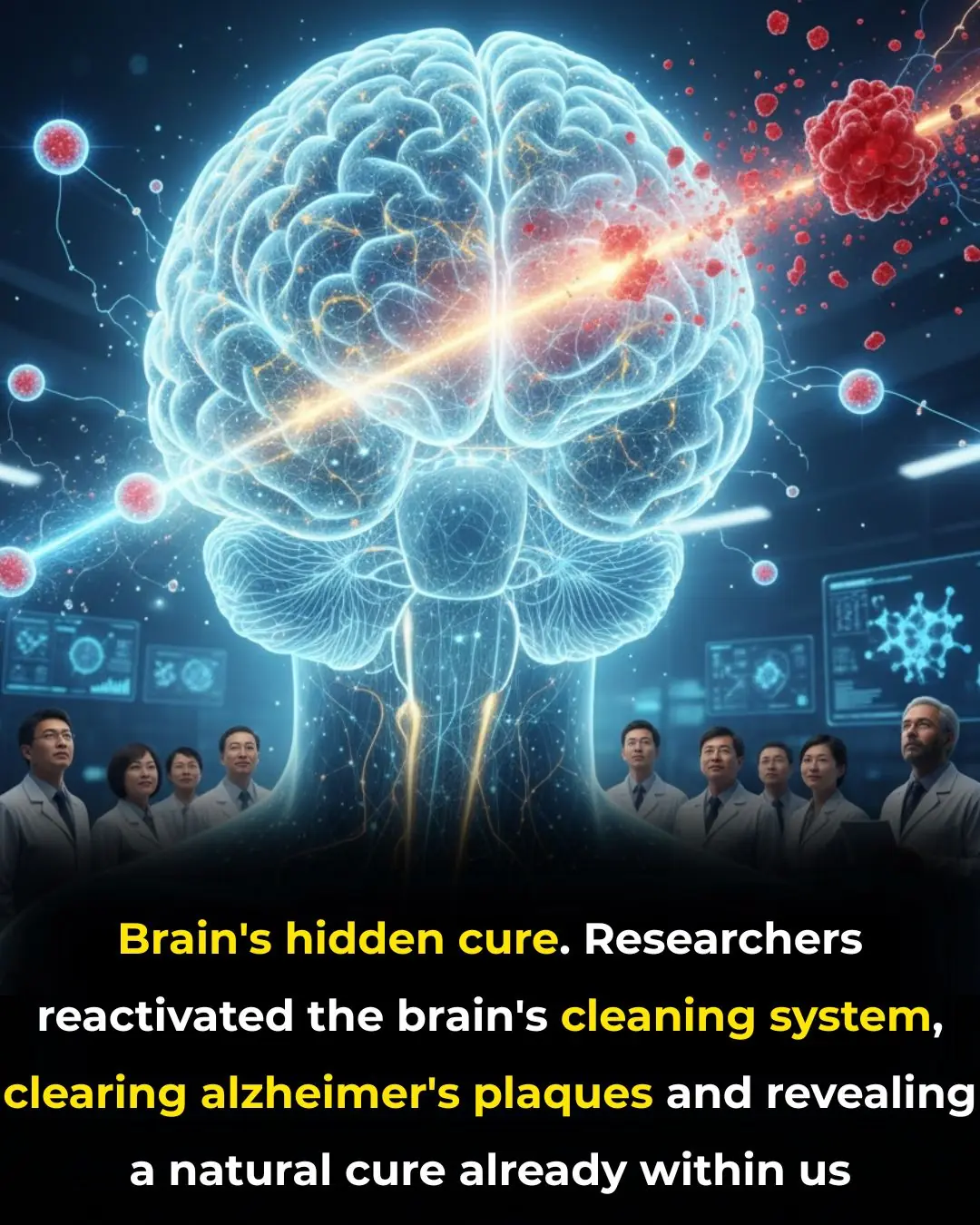
Reviving the Brain’s Waste-Clearing Pathways May Reverse Alzheimer’s Damage
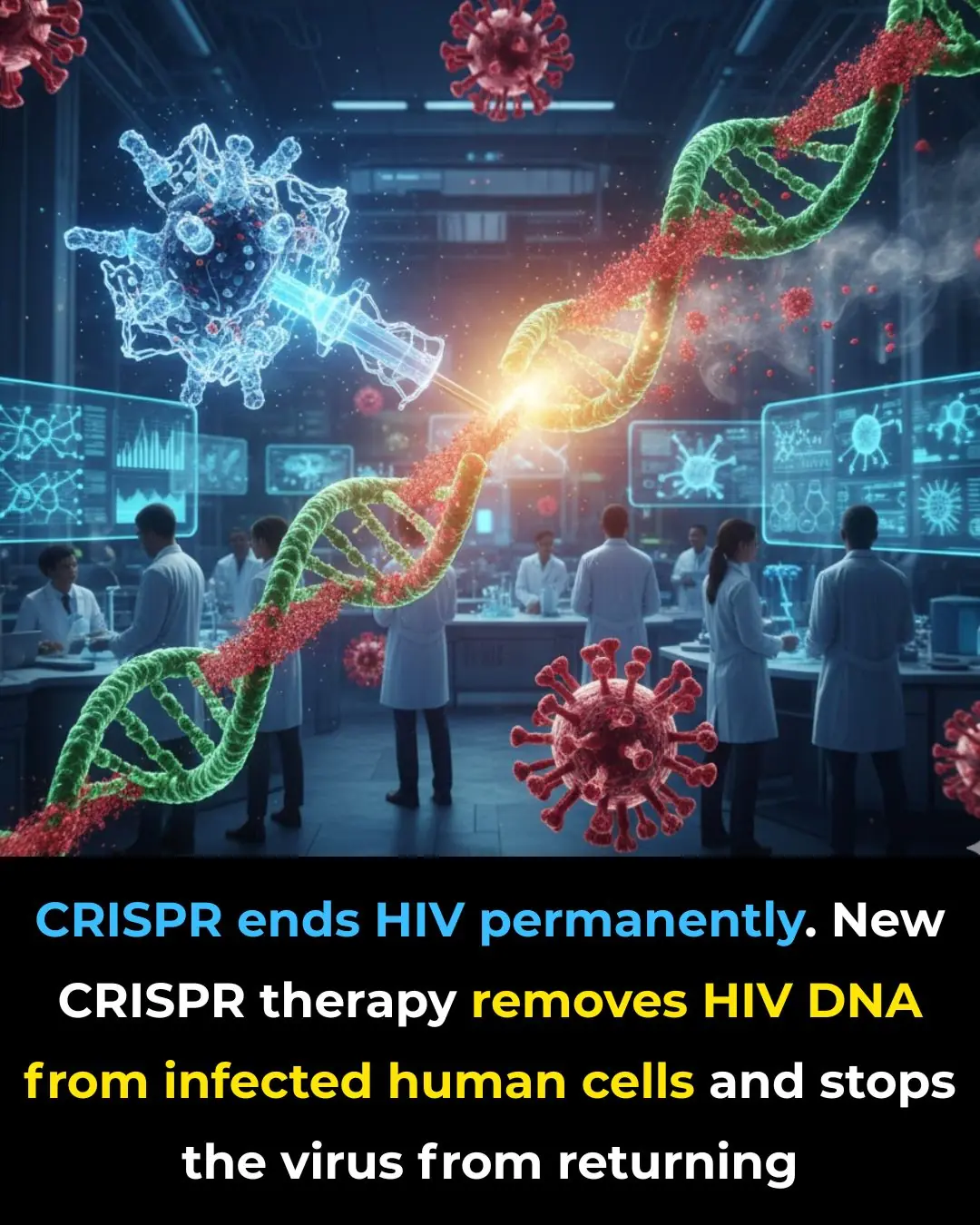
New CRISPR Therapy Shows Promise in Removing HIV and Preventing Viral Rebound

White House Gives Major Update On Donald Trump's
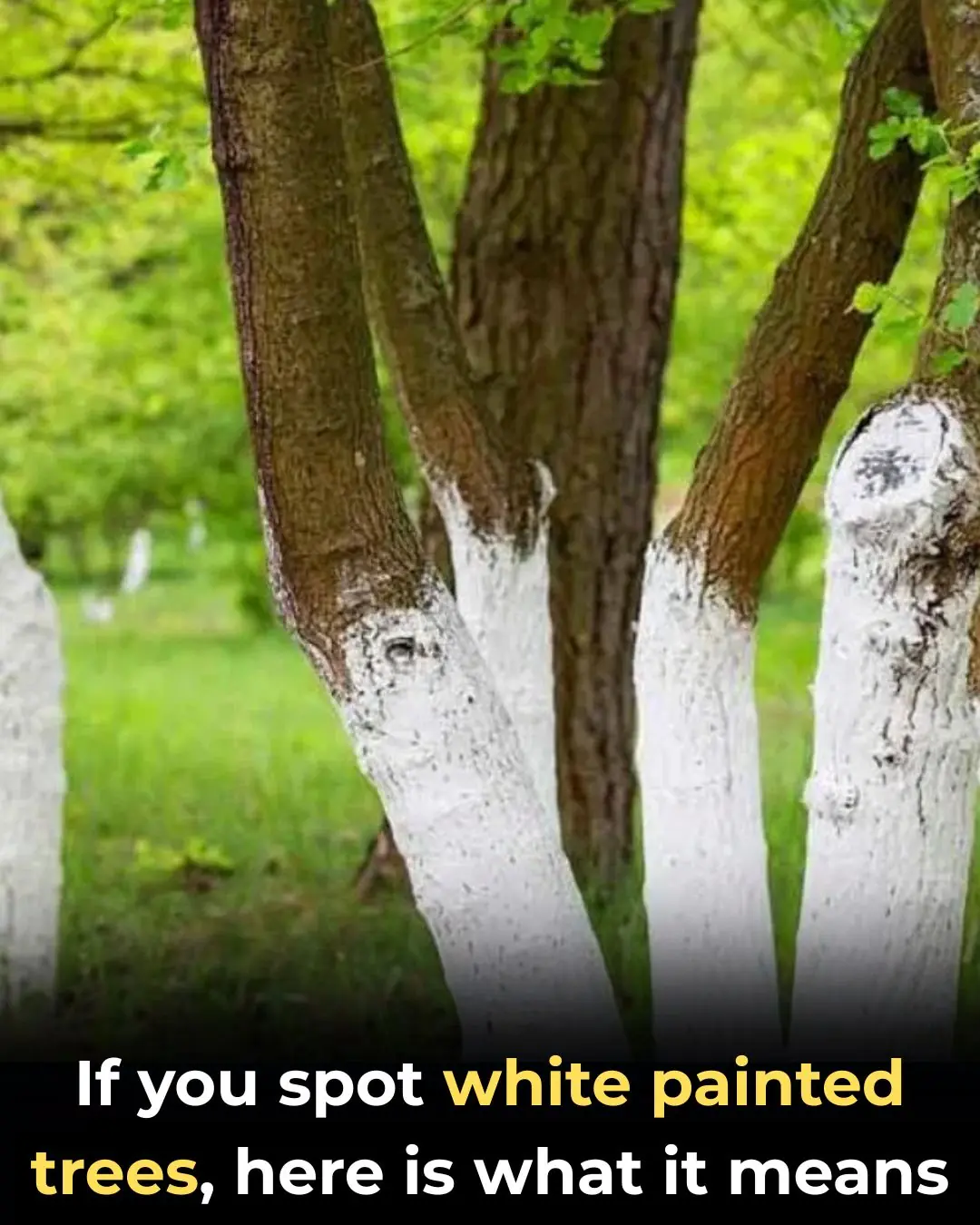
What’s with the white paint on the tree trunks?

If You See A Bent Tree In The Forest, Start Looking Around Immediately
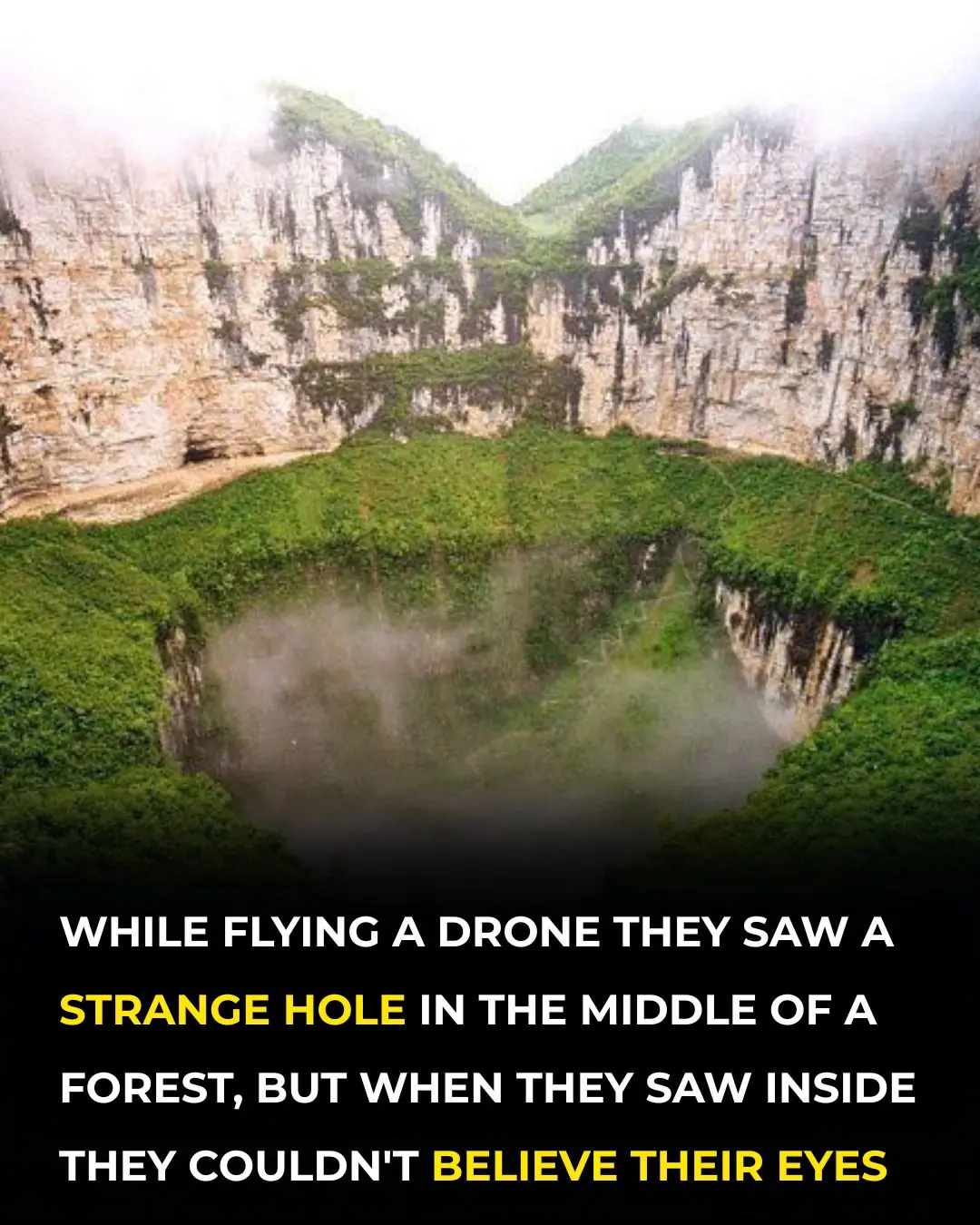
Scientists Discovered A Sinkhole 630 Feet Underground In China Known As “Heavenly Pits”

Ever Wake Up But Can’t Move
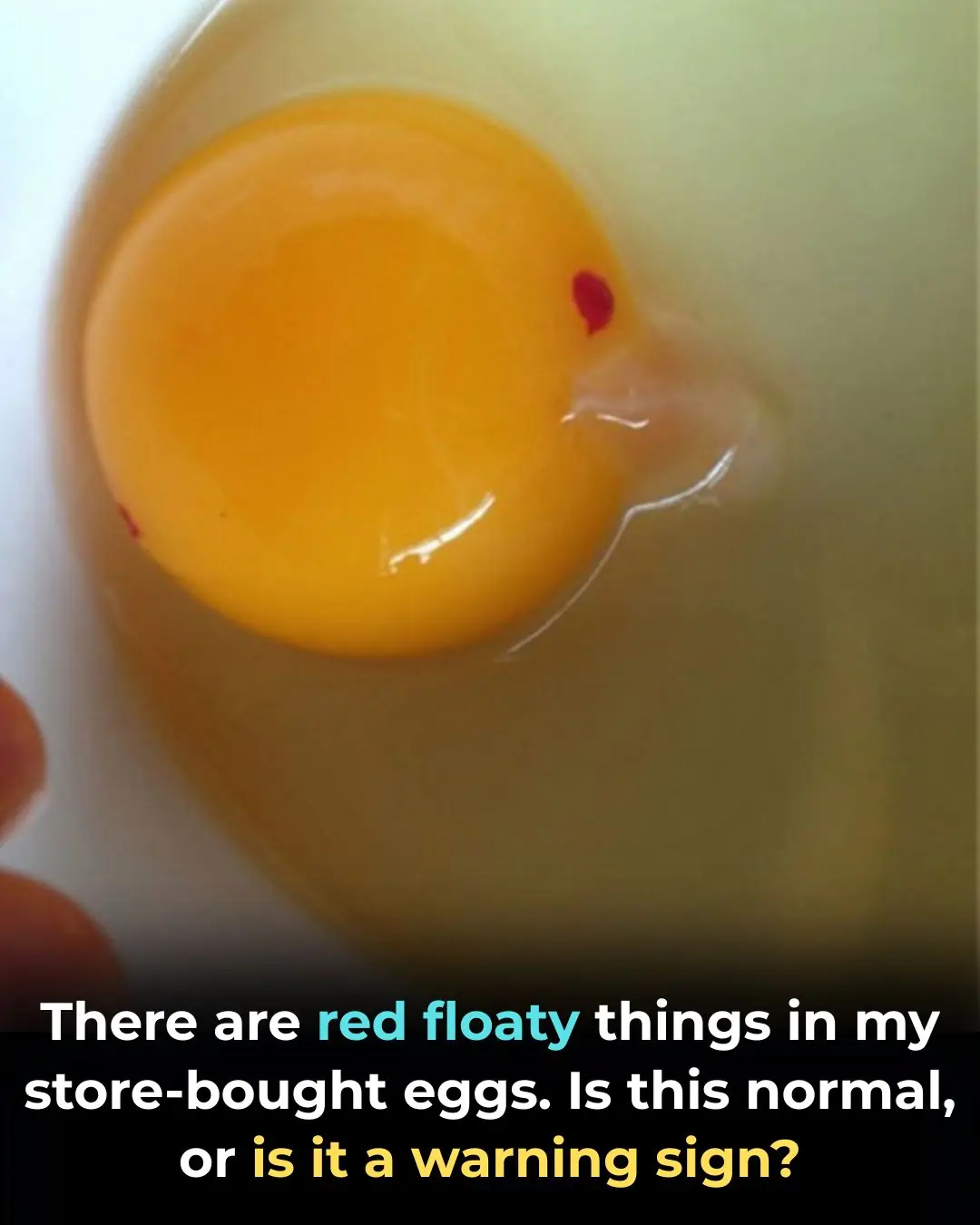
Are Eggs with Bl00d Spots Safe to Eat? The Truth Behind Those Tiny Red Specks
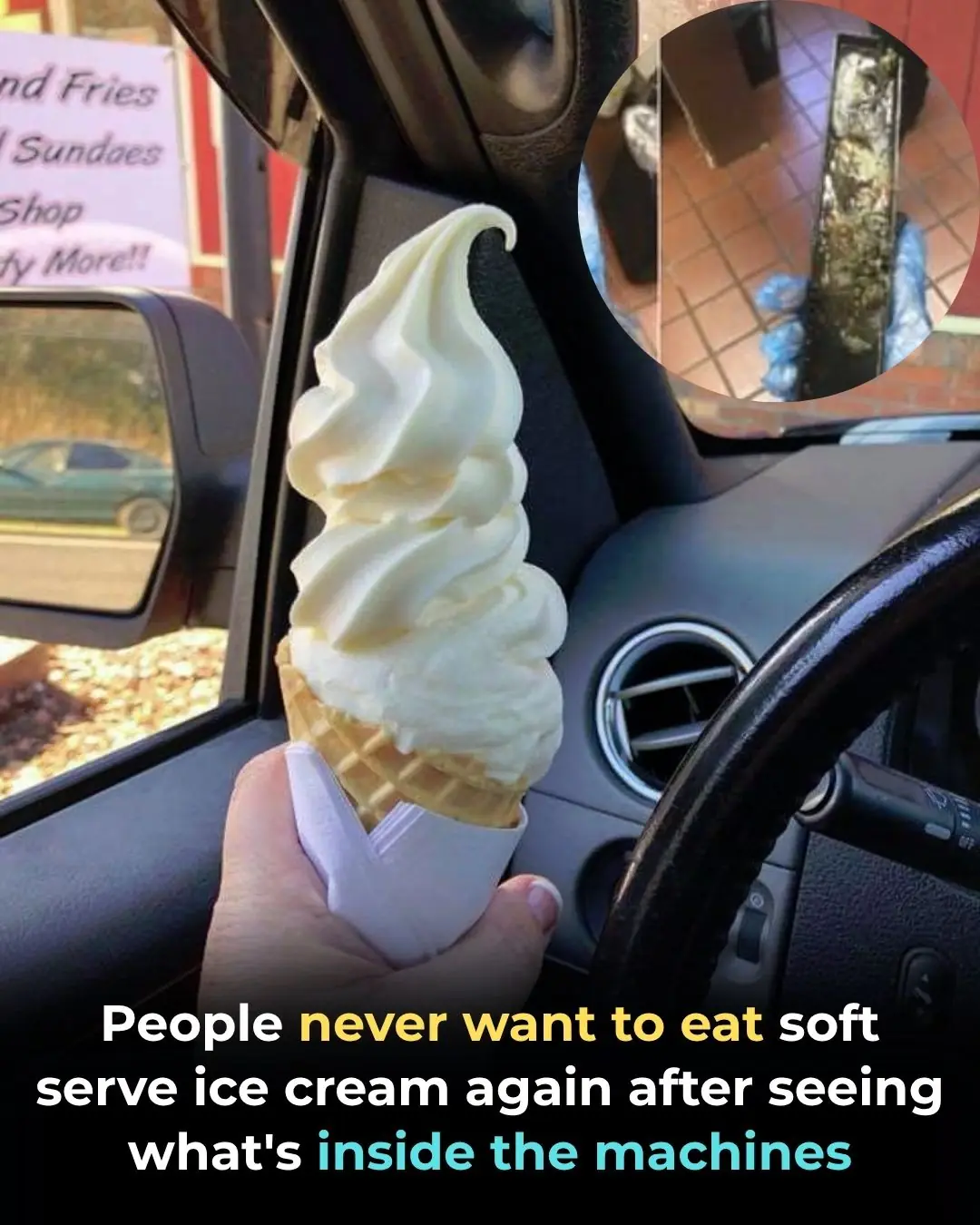
You’ll Think Twice About Soft Serve

A 42-Year-Old Man Died of a Stroke Despite Not Smoking or Drinking — Doctors Shocked to Find the Real Daily “Killer” in His Diet
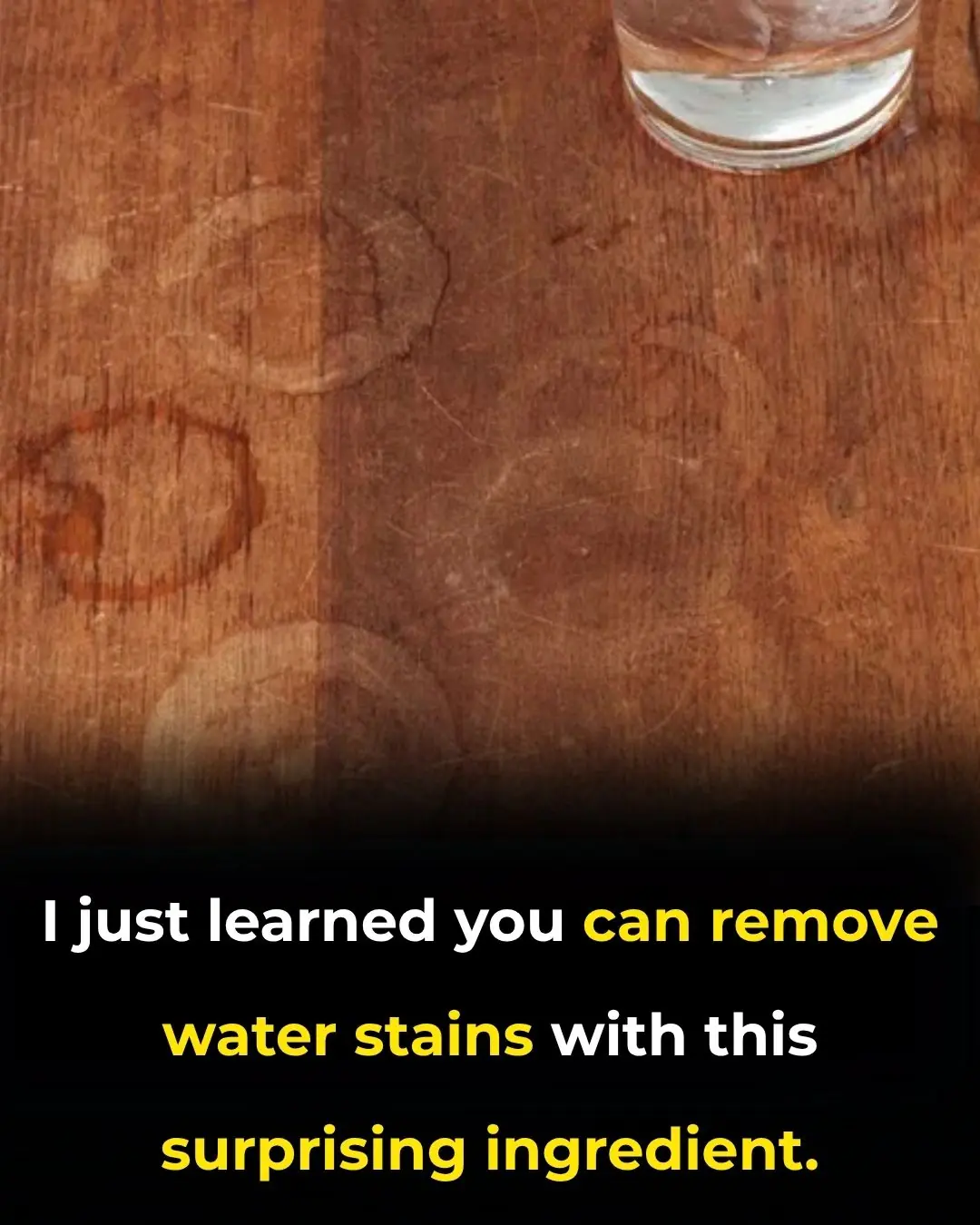
How to Remove Water Stains from Wood with Mayonnaise

Close or open the bathroom door for ventilation? It turns out many people still do it wrong
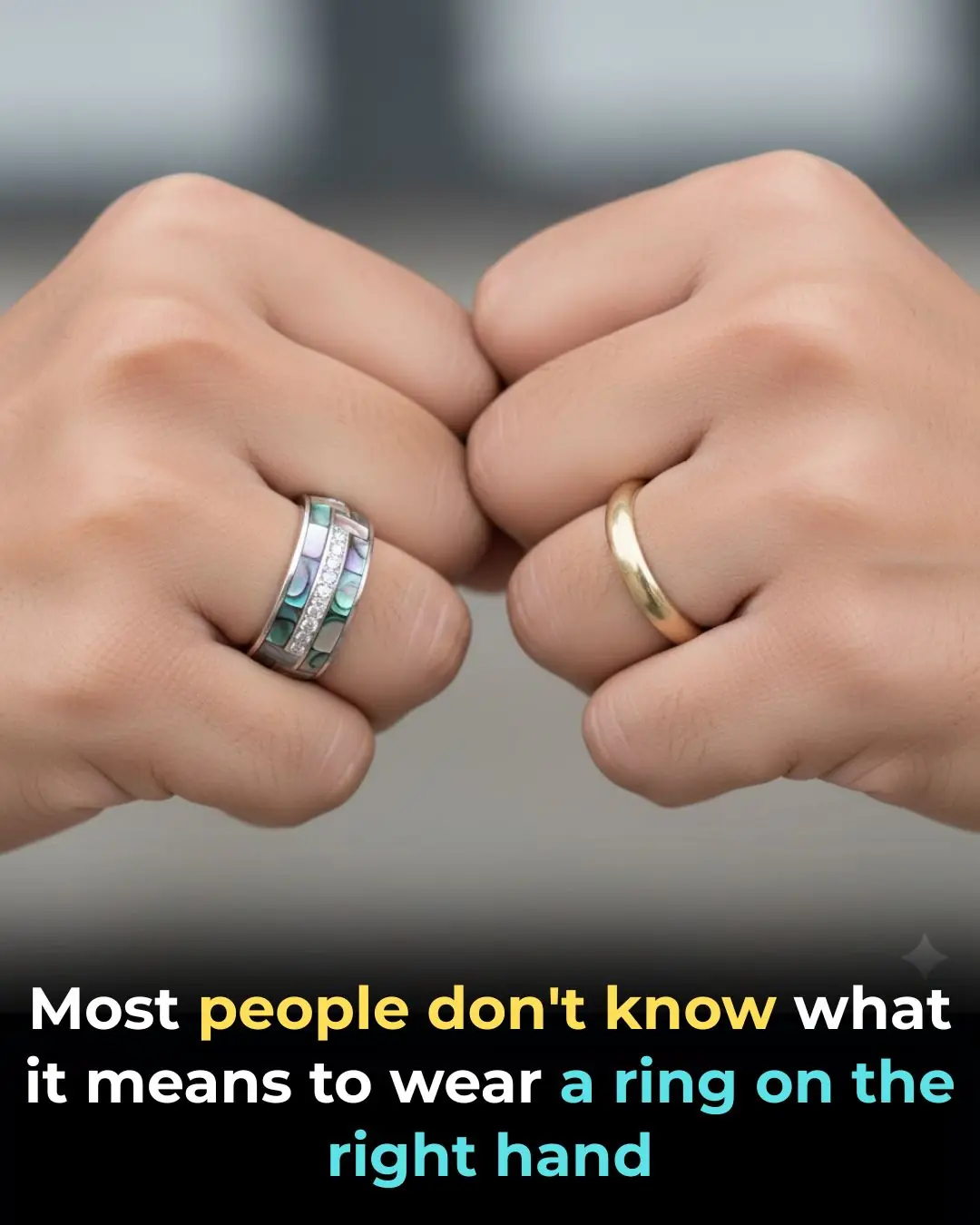
What Does It Mean To Wear a Ring On The Right Hand

Who Will Not Be Eligible As Trump Promises To Give $2,000 To Almost Everyone In America
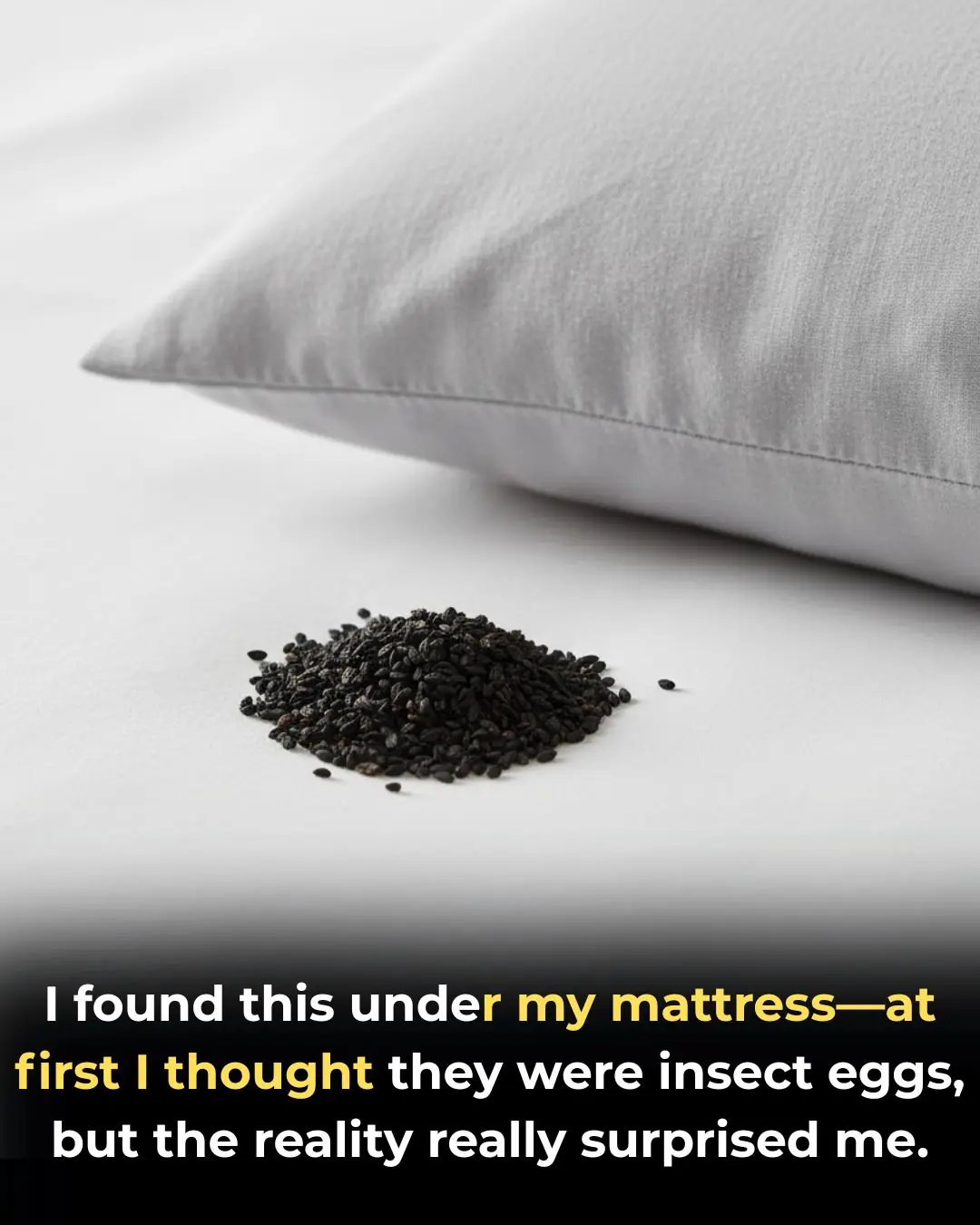
I Thought I Found Insect Eggs Under My Bed
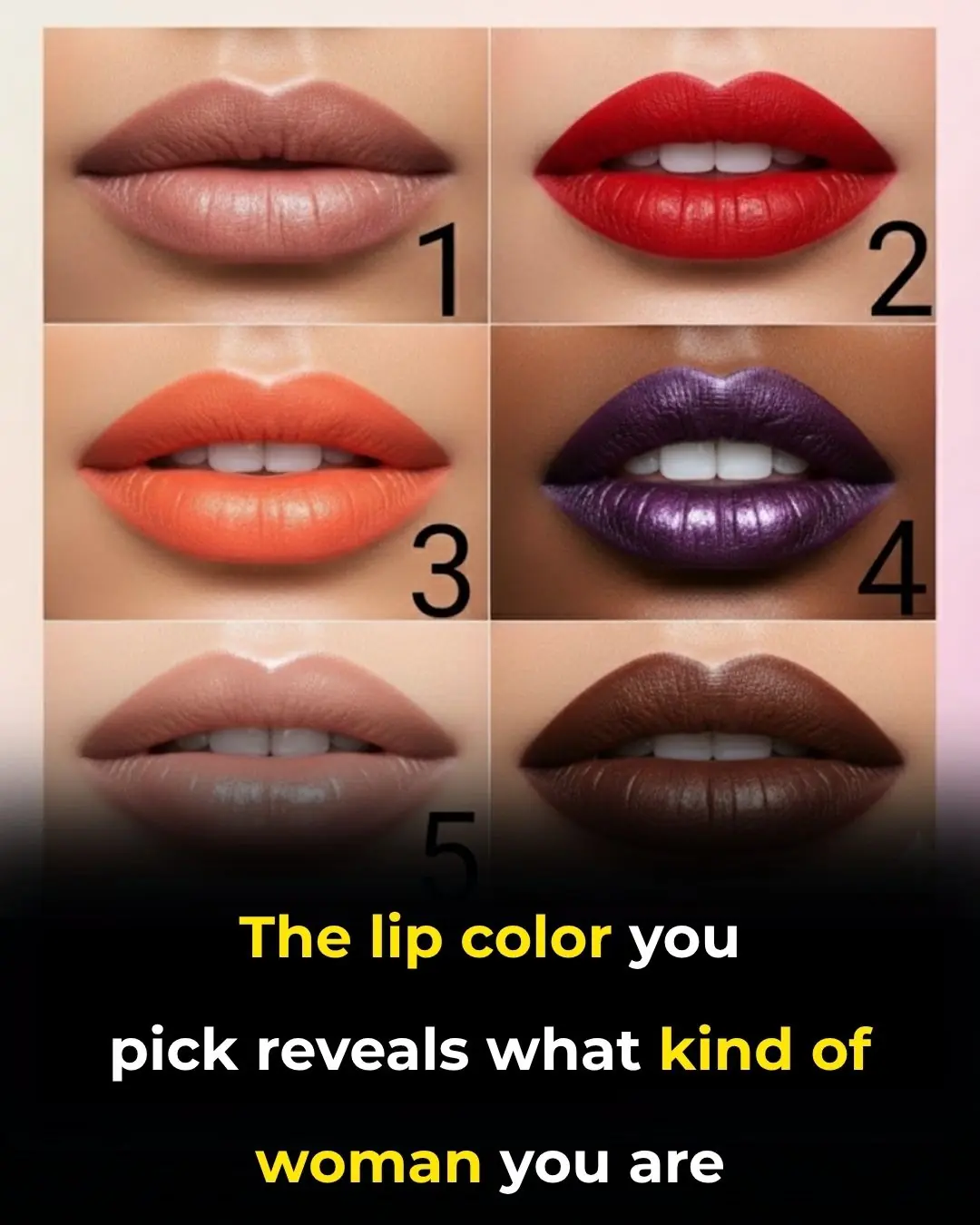
The Lip Color You Pick Reveals What Kind of Woman You Are
News Post

From White Hair to Naturally Darker Hair: Fast Home Remedies & Growth Tips
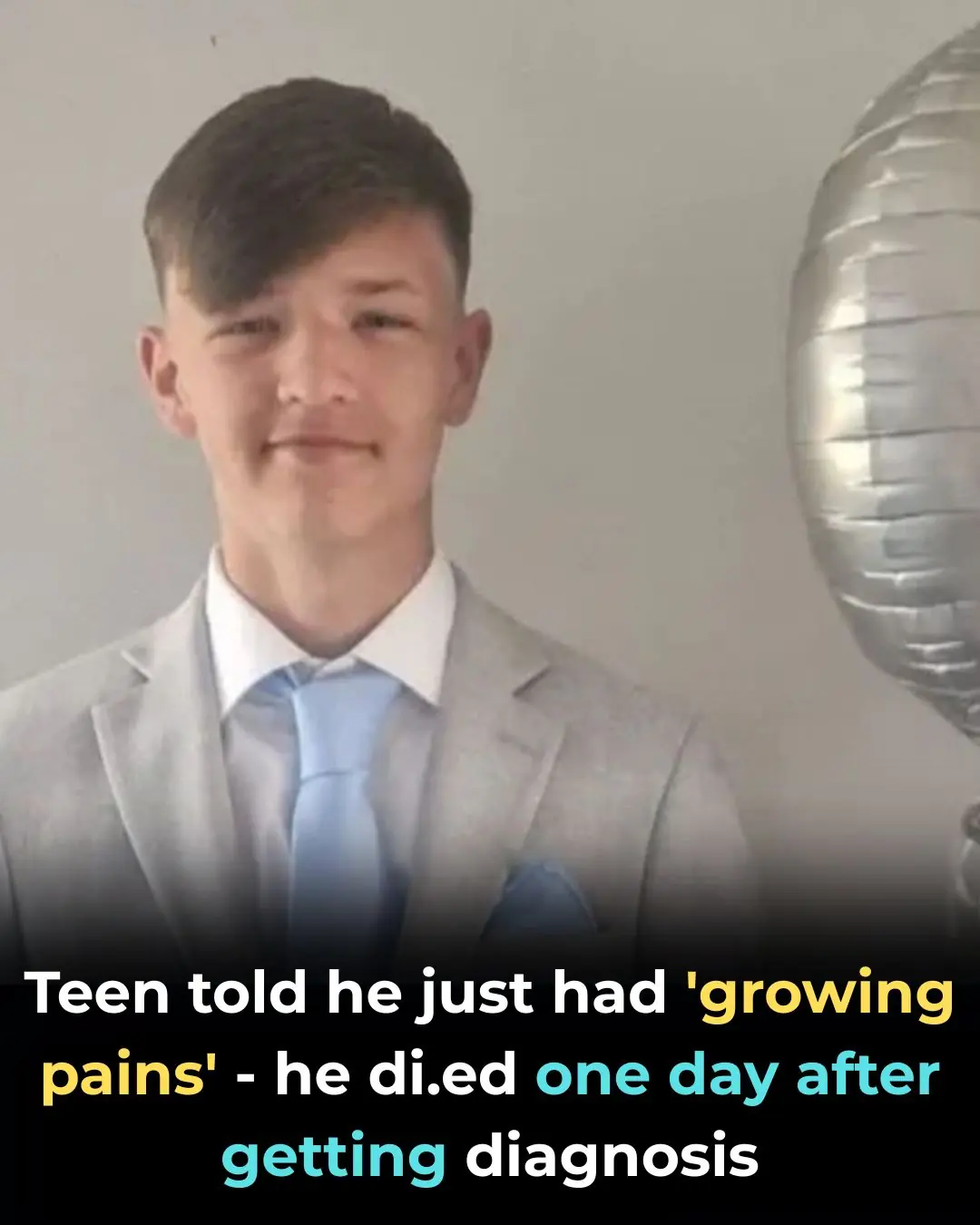
Teen told he just had ‘growing pains’ dies day after diagnosis

7 Ways To Use Vaseline For Wrinkle Free, Flawless Skin

EVERYTHING JAMES FRANCO SAID ABOUT BEING ‘CAST OUT’ FROM HOLLYWOOD DURING HIATUS

The #1 seed that makes bones & muscles strong—how to use it!

14 Warning Signs of Low Magnesium Levels and What to Do About It (Science Based)

Strictly Come Dancing star eliminated from competition on their birthday

Top 10 Foods to Heal Knee Pain and Boost Cartilage Naturally
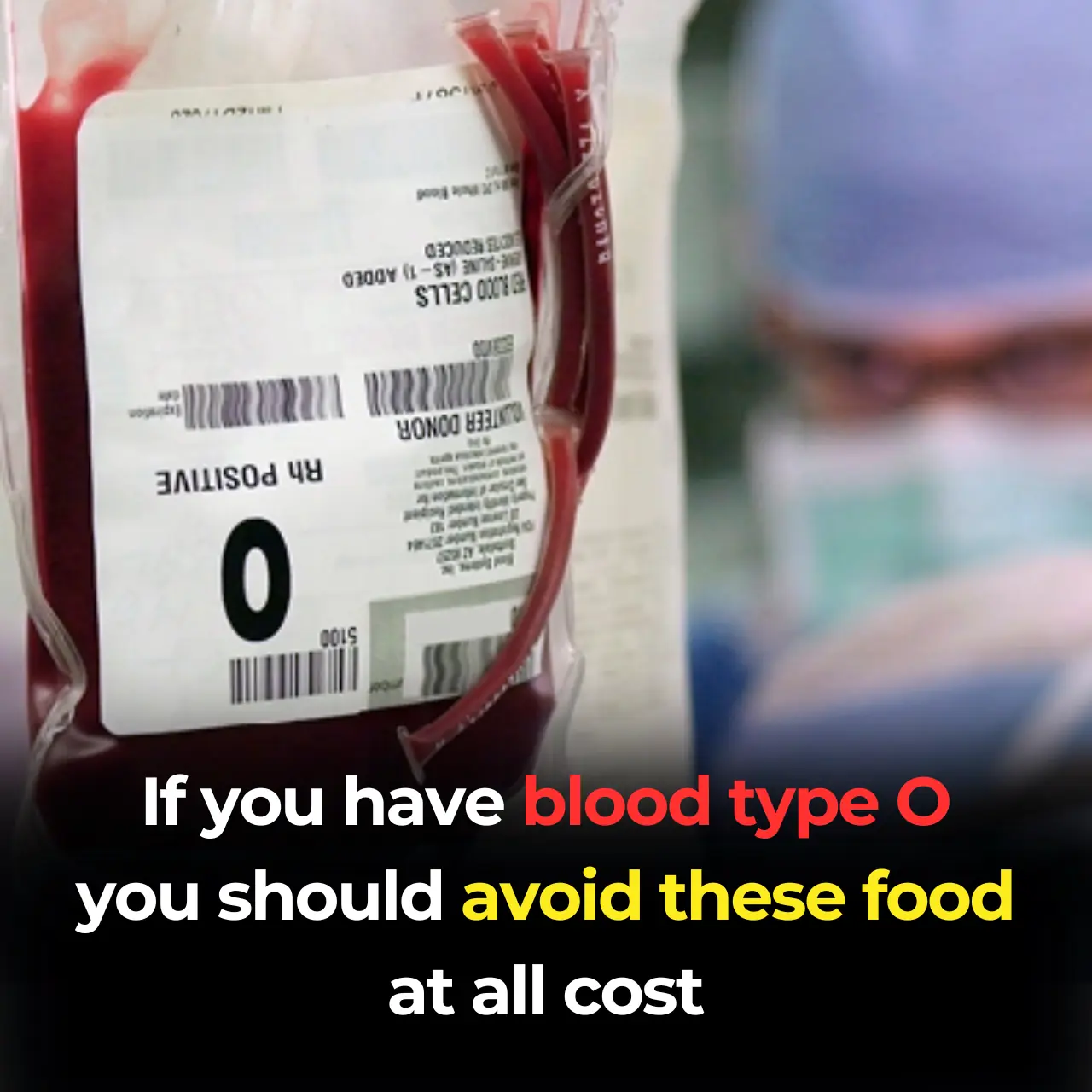
Blood Type O Diet: What to Eat and What to Avoid
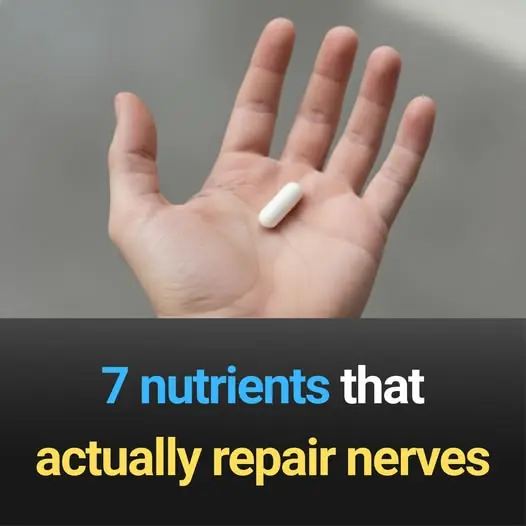
7 nutrients that actually repair nerves

Coronation Street's Lucy Fallon shows off huge ring as she announces engagement

MAFS UK’s ‘strongest’ couple split after romantic display at reunion

The Versatility and Benefits of Orange Peel Powder

The Hidden Power of the Honey Locust Tree (Gleditsia triacanthos): Health, Healing, and Everyday Uses

This one vitamin could help stop you from waking up to pee every night

The Cold Room Sleep Trick That Can Transform Your Health
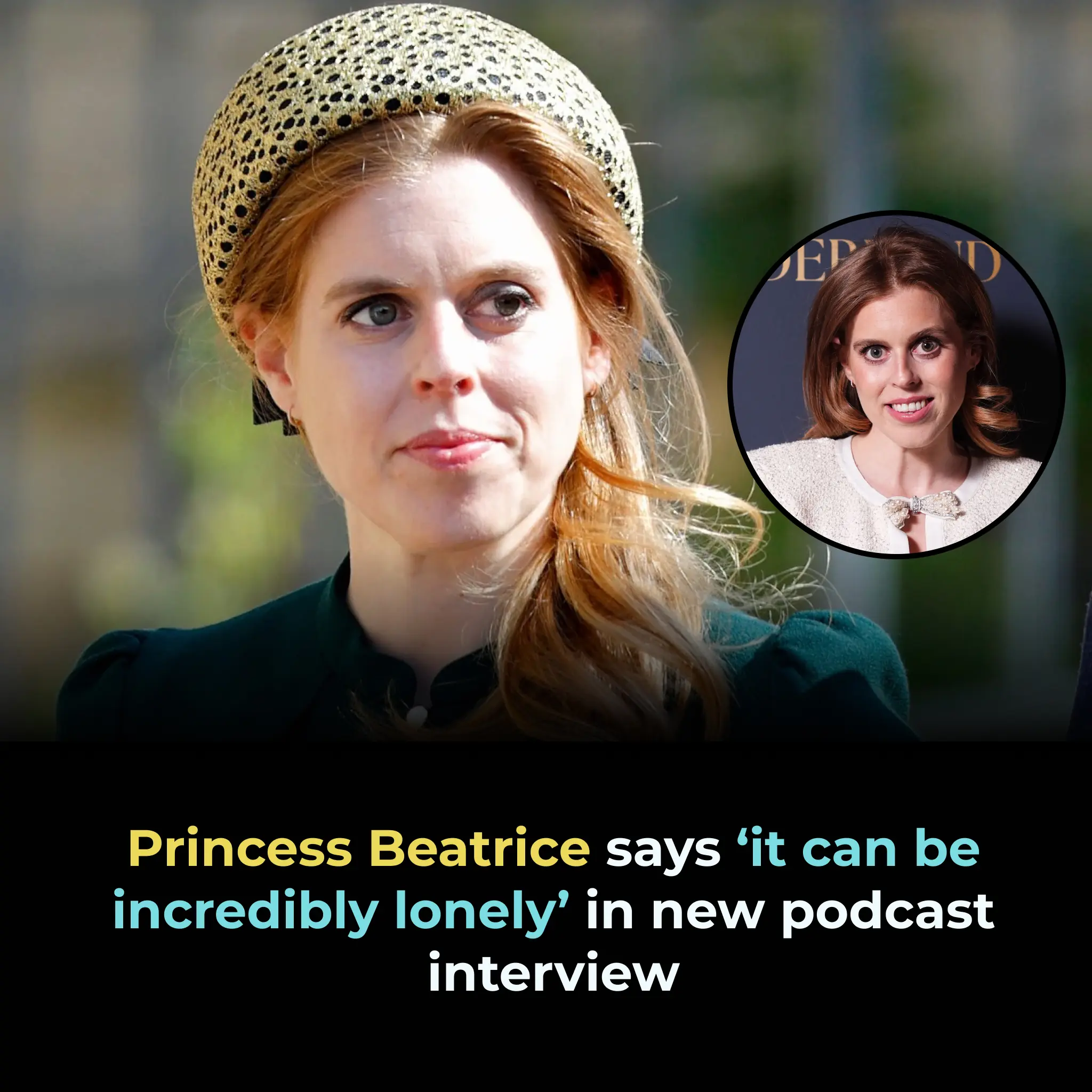
Princess Beatrice says ‘it can be incredibly lonely’ in new podcast interview
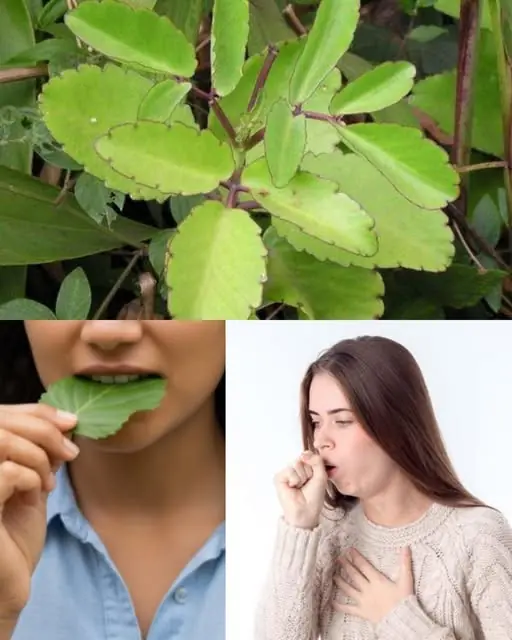
Leaf of Life – The Healing Plant Growing in Your Backyard (And You Had No Idea!)

I'm A Celeb's Kelly Brook's brutal response about her weight to online trolls
